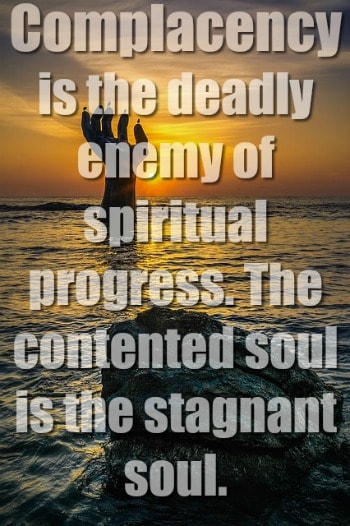Hidden in the book of Acts (20:7-12), there is a young man named Eutychus sitting on the windowsill in a tall building, listening to St. Paul talk about the life saving message of salvation and redemption, teaching the people of Toroas.

This was one of those meetings of the early church, trying to figure out how to love Jesus best, how to share the gospel. Eventually, the words blend together by exhaustion, and he sinks into a deep sleep, falling off of the windowsill out of the window.
And he dies.
What. A. Tragedy. How shocked the people in the room must have been. However, Paul rushed down to where Eutychus was and uttered these words. “there is still life in him.”
The next morning, Eutychus was revived. I can relate to this lesser known Bible story more than I like to admit.
It’s weird to think it and even weirder to type it, but sometimes God’s love can feel so ordinary. It becomes part of the mundane. Our schedules and reading scripture and attending services become routine. We have the knowledge that He loves us, forgives us, listens to us. He becomes like a friend we take for granted. We hear the phrases, the verses, over and over again and their profound meaning dims in our hearts.
Sometimes I seem to think that I have life kind of handled. That God can step in when I need Him to, but I seem to have it under control right now. Yes, I do my writing ministry, I go to church every Sunday, I sing in the choir. I’m as involved as I can be. But I can still feel empty. That’s when I realized I fell to my writing, my faith life unintentionally became merely about God, not for Him, not with Him.
And in that prepositional shift, from for to with, lies the ultimate difference.
Let’s face it, we’ve all been bored in church before. Bored in prayer, ready for the coffee hour afterwards. God seems distant, and we feel sort of let down by the fact that this is all there is. It all feels kind of flat. More often than not, I am guilty of spending my Sunday morning thinking about my Sunday afternoon to-do list.
This is human nature, a tendency to complacency and distraction.
And it’s okay. It happens to all of us.
The story of Eutychus ends in hope, the story ends with St. Paul saying “There is still life in him” and Eutychus is revived.
There is still life in us.
We are encircled by love and we never fall so deep that God’s love is not deeper still. God knows that we are only human. He sees that our lives and our focus and our moods ebb and flow, and He works within it. His grace penetrates it. Instead of beating ourselves up for getting complacent and distracted and prideful, we can see those moments as opportunity. We can see the ups and downs in our zeal as the opportunity to choose to let God take control. To choose to give it all to Him, again and again. To choose HIM.
A mistake I have often made is showing up to worship with a closed heart, expecting God to act without any effort on my part. I’m sitting here wanting to take from God, take things like joy and peace and love and blessings without actually giving Him the opportunity.
I’m learning that I need to come to Jesus as He comes to me – with openness and a willingness to give of myself in worship. A willingness to step out of my complacency and love Him with all that I have. Saying to God over and over again that I want more of Him, always more. That I want Him to penetrate me, to set me on fire and make me a full vessel to pour out goodness.
When I choose to stop only reading this story of love and living in it. When I walk this journey of life with God instead of about God, it becomes joyful and real and life-giving.
We’re going to keep falling. Life with God has these ebbs and flows and ups and downs. Times where we feel Him working and times when we don’t. Times when we would rather just chill for a second than embrace the fullness of life. But He can and will always revive.
There is always still life in us.
